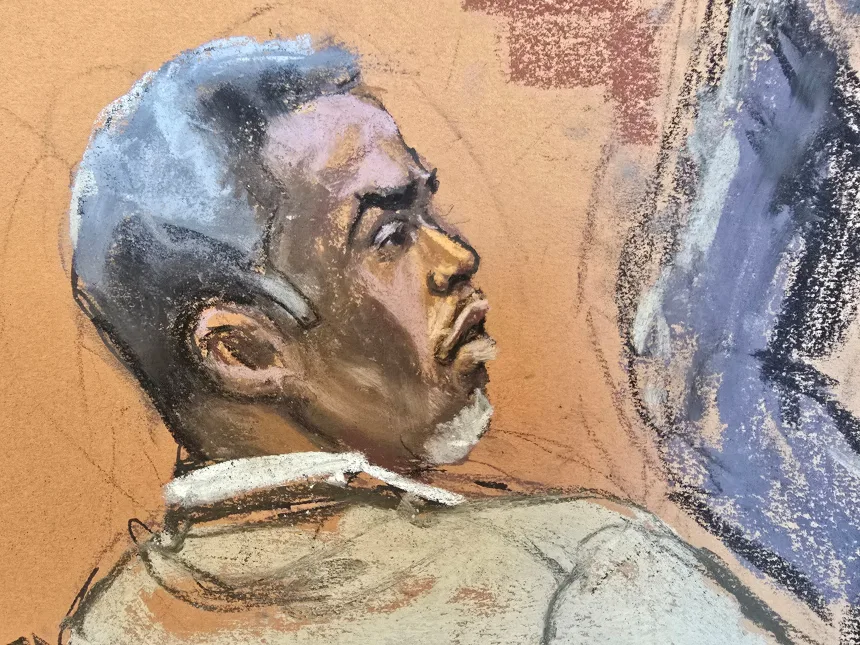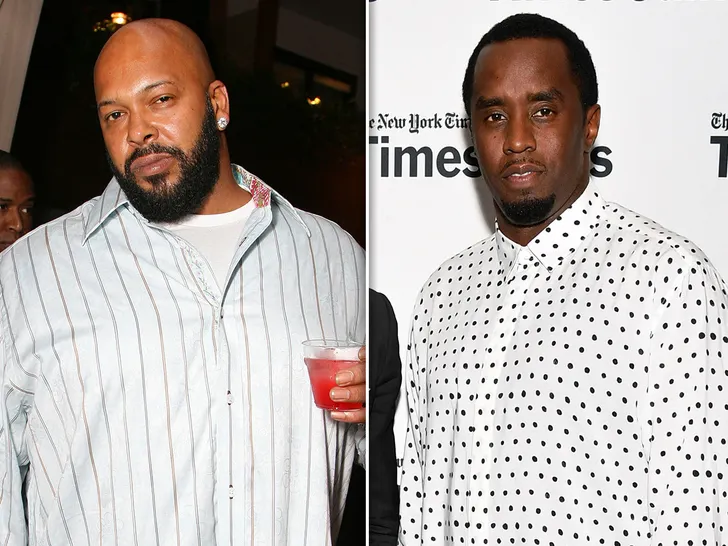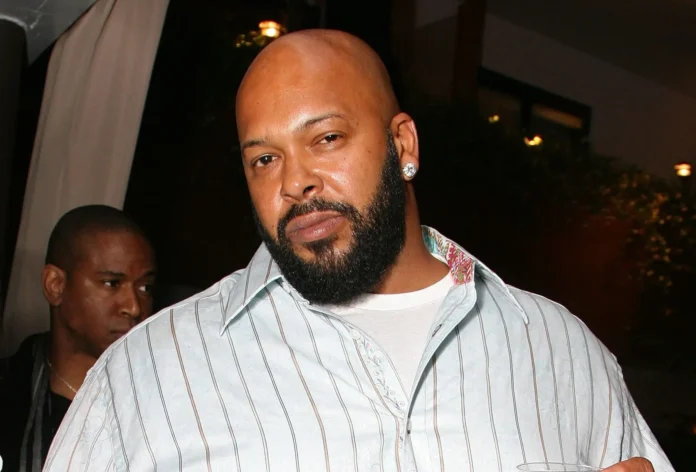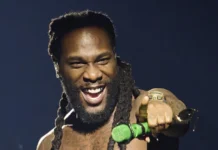Marion “Suge” Knight, the former rap mogul serving a 28-year prison sentence for a fatal 2015 hit-and-run, has broken his silence to weigh in on the legal troubles of his longtime rival, Sean “Diddy” Combs. In a rare phone interview with CNN’s Laura Coates, Knight urged Combs to testify in his ongoing federal trial, arguing that doing so could help “humanize” him in the eyes of the jury.
“I feel if he do tell his truth, he really would walk,” Knight said from prison. “If Puffy goes up there and says, ‘Hey … I did all the drugs, I wasn’t in control of my life at the time, or myself’ – he can humanize his old self and the jury might give him a shot.”
Knight continued, “But if they keep him sitting down, it’s like he’s scared to face the music. He should just have his faith in God, put up his pants and go up there and tell his truth.”
Combs, a music industry powerhouse and founder of Bad Boy Records, has pleaded not guilty to multiple federal charges, including racketeering conspiracy, sex trafficking, and transportation to engage in prostitution. If convicted, the 54-year-old faces the possibility of life in prison. It remains uncertain whether he will take the stand, a decision legal experts say carries significant risk.

Sean “Diddy” Combs listens Thursday as lawyer Xavier Donaldson cross examines Deonte Nash as he testifies in Combs’ sex trafficking trial in New York City in this courtroom sketch.
(Jane Rosenberg/Reuters)
“Traditionally, it’s not advised for a defendant to testify,” said Benjamin Chew, co-lead counsel for Johnny Depp in his 2022 defamation trial. “But in some cases, if the defendant can show remorse or explain his actions in a relatable way, it could help the jury see him as a human being rather than just a figure under accusation.”
Knight and Combs have a notorious history dating back to the 1990s, when their record labels — Death Row Records and Bad Boy Records, respectively — became symbols of the fierce East Coast–West Coast hip-hop rivalry. The feud, fueled by musical disses and public altercations, eventually coincided with the tragic murders of rap legends Tupac Shakur and Christopher Wallace, a.k.a. The Notorious B.I.G., in 1996 and 1997. Knight was behind the wheel of the car when Shakur was fatally shot in Las Vegas.
Despite their rivalry, Knight’s recent comments suggest a more pragmatic view. His name has resurfaced during Combs’ trial as several witnesses referenced the tensions between the two men.

Capricorn Clark, a former assistant to Combs, testified that during a nighttime visit to Central Park, Combs brought up her past work with Death Row Records and ominously told her, “if anything happened, he would have to kill me.”
Another former assistant, David James, recalled a time when he and one of Combs’ security guards encountered Knight at a diner. Upon hearing of the interaction, James testified, Combs demanded they return to the location armed with three handguns, though Knight had already left by the time they arrived.
Knight was sentenced to prison in 2018 after pleading no contest to manslaughter for running over a man on the set of the film Straight Outta Compton. Though behind bars, he remains a looming figure in the hip-hop world and a controversial voice in its legal sagas.
Whether Combs will follow Knight’s advice remains to be seen. For now, the courtroom drama continues to unfold, with decades of music history and personal animosity as its backdrop.
Written By Rodney Mbua


















